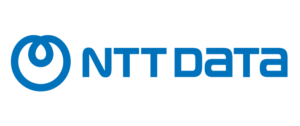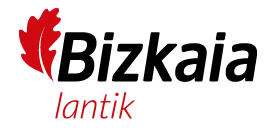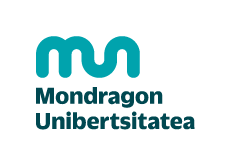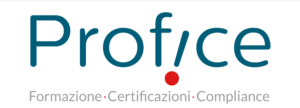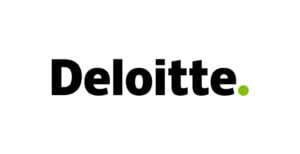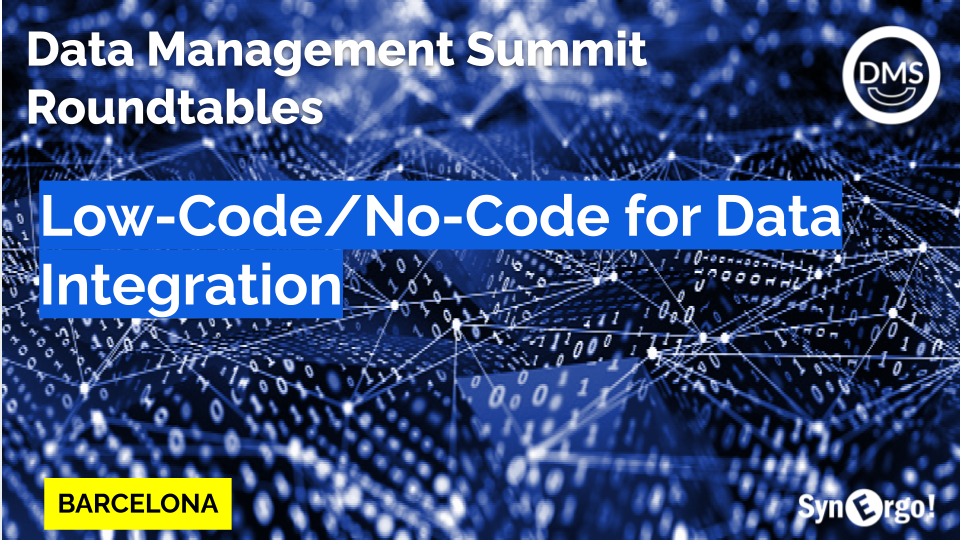
Empowering Data Integration with Low-Code/No-Code: Bridging the Gap Between Technical and Non-Technical Users
In the era of rapid digital transformation, low-code/no-code platforms have become key enablers for organizations seeking to address complex data challenges. By reducing the need for deep technical expertise, these platforms empower both technical and non-technical users to design, deploy, and manage data workflows, democratizing data integration and fostering a more agile approach to data management. This roundtable at the Data Management Summit will focus on the growing role of low-code/no-code solutions in data integration, examining how they streamline processes, improve accessibility, and drive innovation within organizations.
We will explore the benefits these platforms offer in enabling organizations to respond more rapidly to data needs, while also addressing the limitations and challenges that come with their adoption. Participants will share insights on real-world use cases, lessons learned, and the strategic value that these tools can bring to data-driven enterprises.
Key Discussion Topics:
- The Rise of Low-Code/No-Code in Data Integration
- How have low-code/no-code platforms evolved to meet the needs of data integration?
- What key features of these platforms make them suitable for organizations facing complex data challenges?
- Bridging the Gap Between Technical and Non-Technical Users
- How can these platforms enable non-technical users to become active participants in data integration processes?
- What tools or resources can help bridge the communication gap between technical teams and business users?
- Benefits and Limitations of Low-Code/No-Code Solutions
- What are the most significant advantages organizations experience when using low-code/no-code platforms for data integration?
- What limitations or challenges should companies be aware of when implementing these solutions, and how can they mitigate risks?
- Aligning with Strategic Data Needs
- How can organizations ensure that low-code/no-code solutions align with their long-term data strategies and goals?
- Can these platforms scale to meet the growing demands of data integration, especially as organizations become more data-driven?
- Real-World Use Cases and Lessons Learned
- What are some successful examples of organizations leveraging low-code/no-code platforms to streamline their data integration processes?
- How can organizations overcome challenges such as data security, governance, and compliance when using low-code/no-code tools?
- Future of Low-Code/No-Code in Data Integration
- How do you see the future of low-code/no-code platforms evolving in the context of data management and integration?
- What emerging trends or innovations in this space should organizations keep an eye on to stay ahead of the curve?
This roundtable will provide a collaborative space for consultants, vendors, and end-users to share their experiences, uncover best practices, and explore the growing role of low-code/no-code platforms in revolutionizing data integration. The conversation will help participants better understand how these solutions can be leveraged for success, as well as how to address potential obstacles in their adoption.











